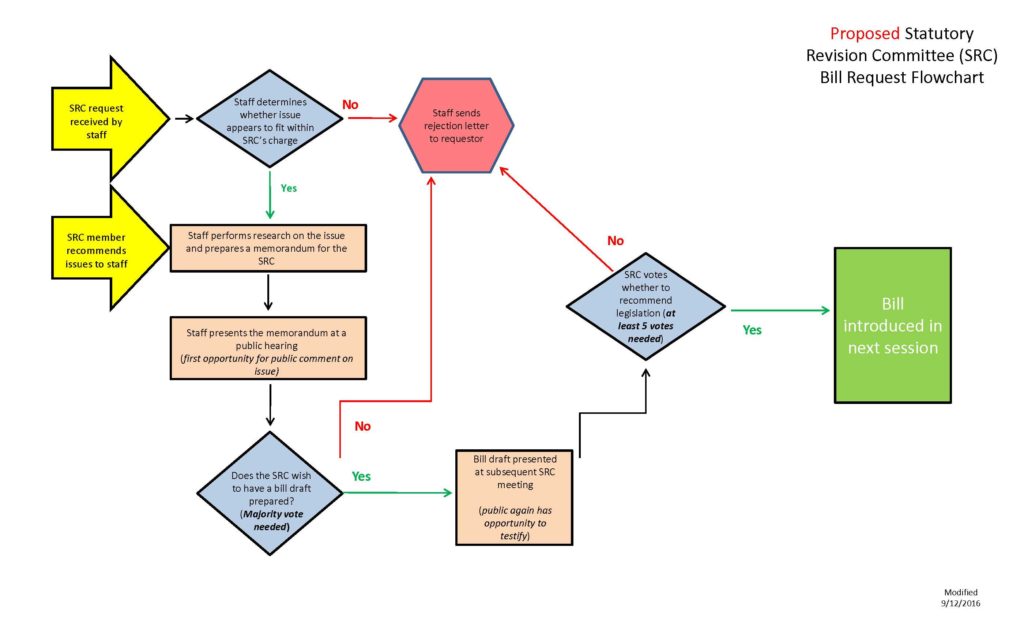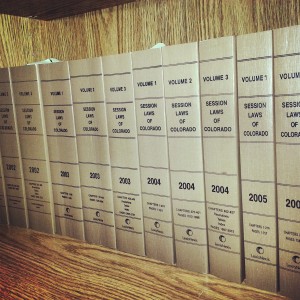by Gwynne Middleton
By the time legislators reach the hallowed halls of the State Capitol, they have mastered many important leadership skills that will serve them well in working with constituents, staff, and other elected officials to improve the lives of Coloradans through their policy decisions. Still, in the midst of a fast-paced legislative session, it’s easier than you’d think for what seems like a minor misstep to undermine a legislator’s ability to achieve his or her legislative goals. Below are 15 important tips shared from the National Conference of State Legislatures to help our senators and representatives legislate like champs.
1. Honor the Institution
To succeed in its goal to serve its citizens, government requires trust between citizens and their representatives. Appeal to the best interests of the electorate, represent your constituents’ needs, focus on your values and what you want to do while in office, and direct your energy toward fulfilling those promises. You ran for office to make a positive difference in Colorado. Don’t lose sight of the vision you have for making that difference.
2. Take the High Road
In matters of public trust, appearances matter. Government thrives on ethical transparency. Perfectly legal actions can still look fishy to the public. Since public officials are held to higher standards than average citizens, avoiding situations that carry the appearance of impropriety will encourage public confidence in your legislative work. For the sake of the General Assembly and your career in public service, understand Colorado’s ethics codes and adhere to them.
3. Master the Rules
It’s no easy feat to become an expert on intricate legislative process rules, but the more adept you are at knowing the rules, the better you’ll be able to participate in the process, helping yourself and your constituents be heard. The most effective way to learn your legislative chamber’s rules is through application. Don’t be afraid to keep your rules book nearby so that you can call upon them when you’re unclear about a particular legislative process.
4. Know Where to Find Help
From fellow legislators and legislative staff to the folks in the governor’s office and the executive branch agencies, your political community is your best resource for gathering nuanced information about an issue. Setting aside just 20 to 30 minutes before a committee meeting to review bills on the agenda with legislative staff will help you bring your A-game to committee discussions.
5. Manage Your Time
Stay organized, prioritize what’s most important to accomplish, meet deadlines, and only commit to what you consider important. It’s easy to overcommit in an environment where numerous stakeholders are jockeying for your attention. If you tend to be a “yes” person, be careful and protective of your time. It’s limited, and if you’re overcommitted, you won’t be able to do your best work as you juggle the overwhelming schedule. Instead of giving attention to that which you care most deeply about, you’ll spread yourself thin and wind up disappointed.
Managing your time is also about punctuality. If you’re flying by the seat of your pants because of multiple commitments, your punctuality may suffer, creating an unprofessional appearance. People won’t take you seriously if they feel that you aren’t on top of your game, and in some cases, being late to meetings will cause your colleagues and constituents to believe you don’t respect their time.
6. Develop a Specialty
Your time as a legislator is limited. Develop a legislative agenda that’s not only rooted in your personal background, previous experiences, and policy expertise but tightly focused on your district’s needs. By cultivating a policy focus during your tenure, you can become the member others seek out for expertise. The kicker? You’ll practice valuable negotiation skills and gain the reputation of being a serious, committed lawmaker whom people will clamor to support.
7. Vote your Conscience
It’s not always an easy choice to vote your conscience, especially on controversial issues when your belief conflicts with constituents who voted for you to represent them or if a campaign contributor tries to sway your vote. After gathering information from all sides, vote as you see fit, but be prepared to explain your votes to constituents. By communicating with your constituents about the reason behind your position, you create an environment of transparency, and transparency has been proven to increase trust. Even if they don’t agree with your decision, they’ll be in a better position to respect you for the decision you made.
8. Don’t Burn Bridges
Be open to compromise, even with those who may not be natural allies. Create a broad set of associates, even beyond your chamber. Maintain a professional demeanor and keep emotions in check. Even if a colleague doesn’t like you, you’ll earn respect for being level-headed.
9. Keep Your Word
You’re only as effective as your reputation. Your colleagues rely on your credibility. Make only promises you can keep. While the best way to keep your word is to not commit until you have all the facts, if you learn information that would change your vote, be transparent about why you need to change your vote to prevent hard feelings.
10. Be Careful What You Agree to
To keep your word, it’s important to avoid casually agreeing to cosponsor bills that you aren’t invested in. Sometimes you may have to vote against a bill that you’ve agreed to sign on to sponsor. Before agreeing to be sponsor, give yourself 24 hours to make sure you understand the bill. Just because you like a person and usually trust that person’s views doesn’t mean you’ll always agree. If the sponsor of the bill cares deeply about your support of their bill, they will wait a day for your decision.
11. Don’t Hog the Mike
Even if you’re an expert on every bill that’s up for debate, be selective about which bills you discuss before the chamber. If you’re always in the well speaking on every bill, you risk diminishing your power as a speaker. Quality should always win out over quantity in public speaking. By being judicious about your mic time, when you do speak, your colleagues will be more likely to listen when you step into the limelight.
12. Stay in Touch with Your Constituents
Always remember the people who elected you. Hire the aides who are best able to help you maintain strong contact with your constituents.
13. Be a Problem Solver
Rather than getting caught up in the drama that often accompanies controversial issues, use your skills and your office to help your community focus on solutions. Work with state agencies and local governments to find a solution that will benefit the most people in your community.
14. Work with the Media
Reporters care deeply about their responsibility to keep their viewers informed with factually accurate news. Reach out regularly to reporters to share your position on issues, but be sure to focus on the policy process and the issues rather than only on partisan differences and conflict. Make your information easy to understand and use, and, when the media does a good job of reporting fairly, remember to acknowledge that good work.
15. Self-care and Presence
The weighty responsibilities and accolades that accompany holding public office can be unhealthy substitutes for intimacy, fellowship, and taking care of yourself and the people you care about. The attention of others is no substitute for an interior life. Maintaining an interior life will help you feel more at ease during the times in life when professional commitments can pull you in many directions.




